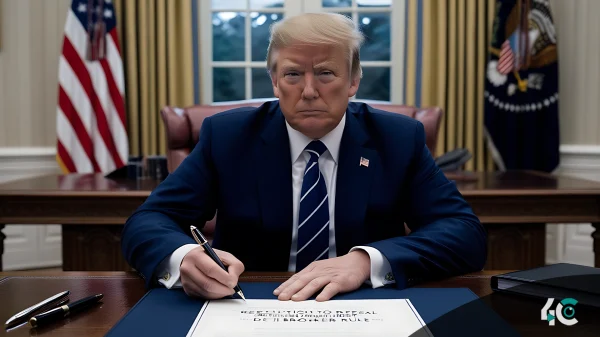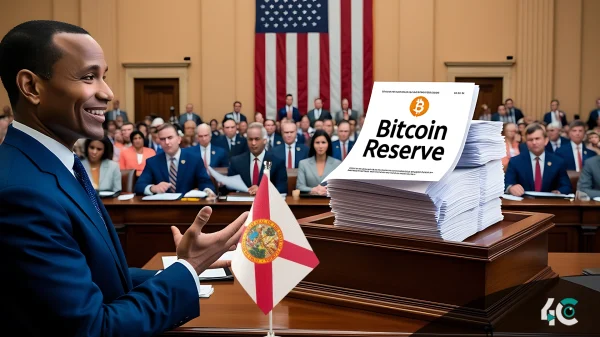Arizona is making waves in the bitcoin scene by introducing a unique project that integrates Bitcoin into public financial reserves. Approved by the Arizona Senate Finance Committee, the Strategic Bitcoin Reserve Act (SB1025) is meant to let public funds and pension systems invest up to 10% of their resources in Bitcoin and other digital assets. Approved by a 5-2 vote, the measure now goes to the Senate Rules Committee for more discussion before maybe making it before the House of Representatives.
Co-sponsored by Senator Wendy Rogers and Representative Jeff Weninger, the measure aims to create a state-run Bitcoin reserve, safely storing digital resources. The program aims to provide a new avenue for the financial development and diversification of government funds. The law seeks to modernize investment techniques and provide a new degree of flexibility in handling state assets by letting public funds and pensions deploy a part of their holdings in Bitcoin.
Advocates think this action would open the path for more other American governments to adopt digital currencies widely. Some financial analysts speculate that other states like Texas and Pennsylvania may adopt a similar approach if Arizona finds success with it.
Proponents of the law contend that, especially as more people—especially younger generations—show interest in digital assets for long-term investments, cryptocurrencies are a beneficial substitute for conventional investment vehicles. Reflecting a change in financial tastes, studies show almost 20% of younger investors are receptive to getting pensions in cryptocurrencies.
If the entire measure receives approval, Arizona will become the first state in the United States to hold Bitcoin in reserves. The choice may have a major effect on the whole financial scene by motivating more investigations into the acceptance of cryptocurrencies in government activities.
















































